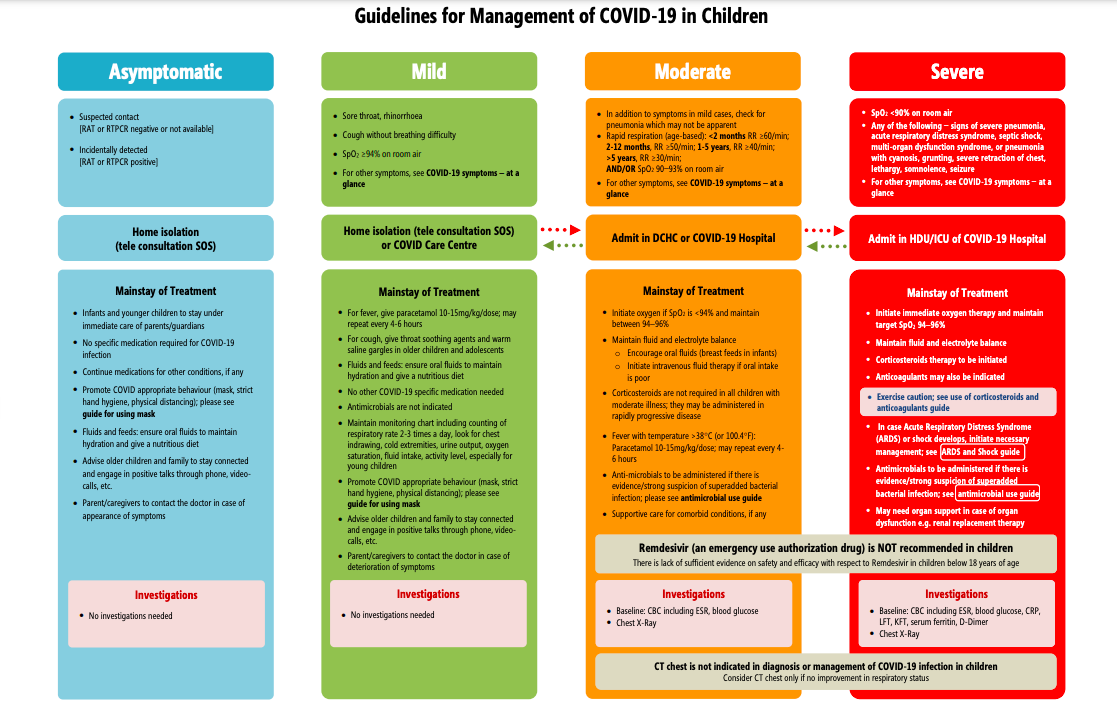June 1, 2024 – The Committee for Medicinal Products for Human Use (CHMP) has recommended ending a longstanding ban on blood and plasma donations from individuals who spent at least one year in the United Kingdom during the 1980s and early 1990s. This recommendation comes in light of recent scientific and epidemiological findings that have significantly reduced concerns over the transmission of variant Creutzfeldt-Jakob disease (vCJD) through blood transfusions.
Historical Context of the Ban
The ban was initially imposed by many European countries in response to fears of vCJD, a human form of Bovine Spongiform Encephalopathy (BSE), commonly known as mad cow disease. During the 1980s and early 1990s, the United Kingdom experienced a significant BSE outbreak. It was later discovered that vCJD could be transmitted to humans through the consumption of BSE-contaminated meat, raising alarm over potential transmission via blood donations.
Variant CJD, part of the transmissible spongiform encephalopathies (prion diseases), causes severe brain damage, leading to loss of intellect and mobility, typically resulting in death within a year of symptom onset. The discovery of vCJD in 1996 prompted strict measures to prevent contaminated meat from entering the food chain, but due to the long incubation period of the disease, there remained a risk of transmission through blood transfusions.
Implementation of the Ban
In response to these risks, the US Food and Drug Administration banned blood donations from individuals who had lived in the UK for over six months between 1980 and 1997. Similarly, in 2003, the European Medicines Agency recommended excluding donors who had spent a cumulative period of one year or more in the UK during the same period from donating blood or plasma for fractionation.
Various European countries adopted these recommendations with varying deferral periods, ranging from six months to a year. Additionally, 16 countries implemented permanent deferrals for donors of blood or plasma-derived medicinal products who had received blood transfusions during the BSE/CJD outbreak.
Reassessment of the Ban
The CHMP’s latest reflection paper, the first revision since 2011, takes into account the significant scientific and epidemiological advancements made in recent years. The committee noted the substantial decline in vCJD cases over the past two decades, with no new cases of transfusion-transmitted infections reported since 1999. The last-known UK case of vCJD was reported in 2016.
Given these developments, the CHMP concluded that the exclusion from donating blood or plasma for fractionation is no longer necessary. The decision aligns with similar actions taken in other countries; for instance, Australia lifted its ban in 2022 after calculating the risk of transfusion-related contamination leading to a clinical case to be extremely low, estimated at 1 in 1.4 billion.
This recommendation marks a significant step forward in re-evaluating past medical practices in light of new evidence, potentially expanding the pool of eligible blood and plasma donors across Europe and enhancing the availability of these crucial resources.
For more information, please refer to the latest reflection paper issued by the CHMP on their official website.












